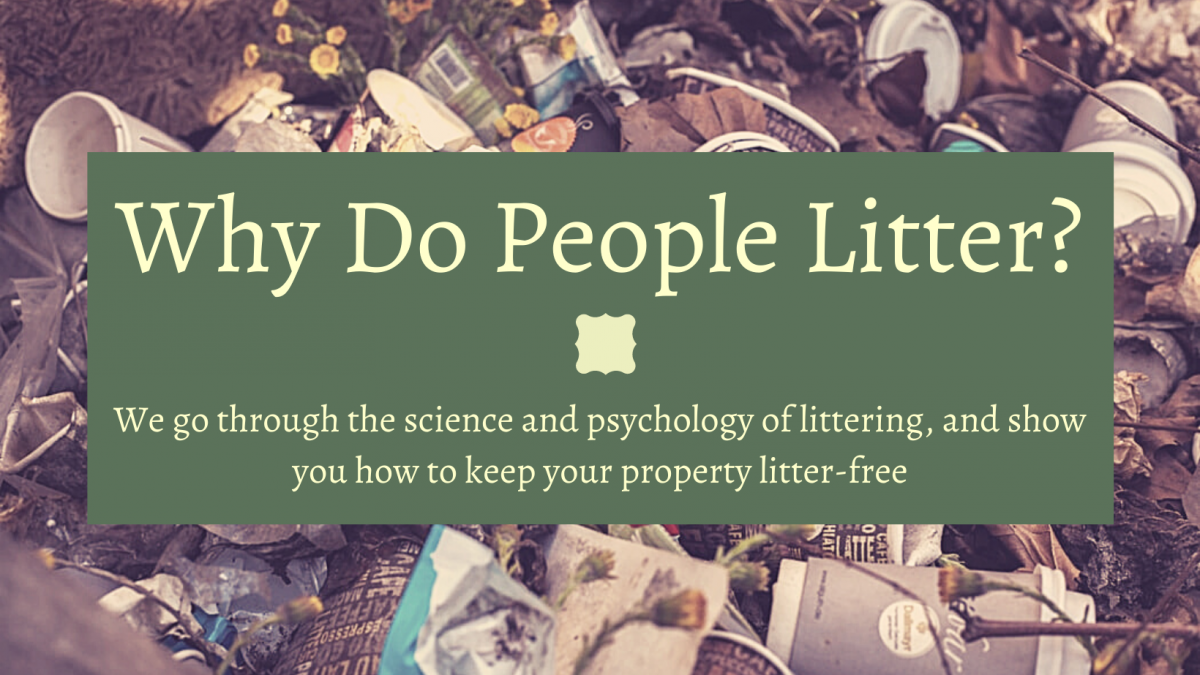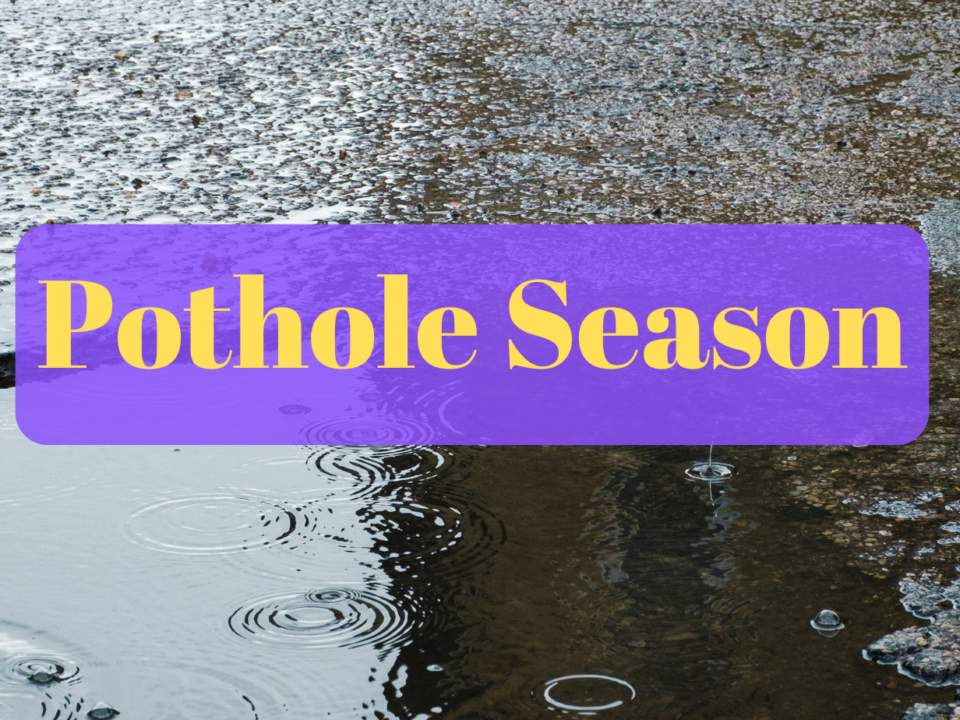Why Do People Litter?
We all know what litter is, trash improperly disposed of in public areas. We’ve all witnessed littering, stepped over discarded coffee cups on the sidewalk, and dodged the stray plastic bag flying through the air. And whether we care to admit it or not, we’ve all littered once or twice, or at least been tempted to litter.

Courtesy of Jasmin Sessler
But why do people litter? We know it’s bad for the environment, we know it looks bad, and we know it’s in poor taste. And yet, most of us come across some litter every single day. Are people just lazy and careless? That’s part of it. But to attribute littering solely to the character of the individual doesn’t tell the whole story.
Littering is actually a recent phenomenon and when you stop to think about it, it makes sense. The disposable containers and cups that are so ubiquitous today were not always around. It wasn’t until the 1950s that these sorts of objects started to become widespread. Think about the rise of fast food, coffee to go, and bottled water. As our convenience goes up, it seems our ability to litter goes up too.
The Effects of Littering
The effects of littering are both immediate and long-term. The immediate effect is cosmetic, but that doesn’t make it unimportant. Dropping a piece of litter in a park or in a shopping center, immediately results in an unattractive blemish on the property. Improperly disposing of your trash can also have an effect on those around you, but more on that later.
The long-term effect of littering is environmental. Sure, maybe your litter momentarily blemished someone’s shopping center, but it quickly blew away out of sight. That doesn’t solve the environmental effect. Litter can kill wildlife, spread disease, and cause destructive pollution. Chemicals and microparticles from degrading litter can seep into our soil and our water sources causing long-term harm to our environment.

Courtesy of Artem Labunsky
Littering can also affect us mentally and physically, making us feel depressed and even causing breathing problems. Very Well Mind states:
Higher rates of pollution also affect mental health [. . .] [Rachelle Scott, MD, medical director of psychiatry at Eden Health], points to research that shows increased rates of depression in more polluted areas. “The effect of mold, if present, in the home and higher rates of asthma as a result of increased pollutants themselves can also excrete mental health issues.”
Why Do People Litter?
At the end of the day, the choice to litter falls on the individual. Something may cause you to litter, you might even have a completely reasonable excuse for it, but it’s still the choice of the individual. Several studies have been conducted looking into the causes of littering in hopes of someday using this knowledge to curb littering. While it’s always the individual’s choice to litter or not, certain environmental factors have been shown to influence that decision.
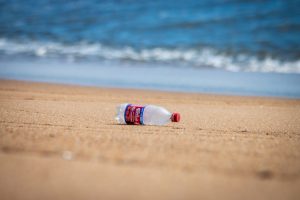
Courtesy of Brian Yurasits
Several studies show that a single piece of litter, in an otherwise clean area, will likely result in further littering. If the area remains completely clean, the likelihood of littering goes down. Robert Dur and Ben Vollard, in their paper “The Power of a Bad Example: A Field Experiment in Household Garbage Disposal,” state that, “[. . .] 11% of people litter in a clean environment, whereas 41% of people do so in a littered environment.” That’s a snowball effect resulting in a 30% increase in littering.
In that same paper, Dur and Vollard explain what happens when cleaning services for an area are reduced: “In areas where the frequency of cleaning was reduced, the tendency to litter went up by some 75%.”
How to Decrease Littering on Your Property
The simple answer is: Keep it clean! Frequent and regularly scheduled pickup and power sweeping is the best way to decrease littering and keep your property clean. Dur and Vollard state: “Quick removal of litter is seen by many as an effective policy response, not only because it ensures a clean environment but also because the presence of litter may encourage further littering.”
In addition to frequent pick up and power sweeping, providing trash cans and properly placing signage can also decrease littering. Eli T. Newcomb and Beth B. Newcomb, in their paper “Comparative Effects of ‘Do’ Versus ‘Don’t’ Signage on Littering,” state that the desired behavior an individual throwing out their trash instead of littering), “[. . .] must be ‘convenient’—that is, it must entail low response effort.” This means it’s important to provide convenient alternatives to littering throughout your property.
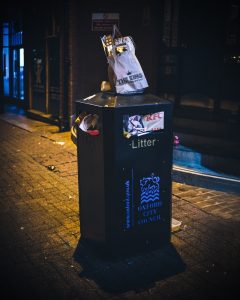
Courtesy of Andrea De Santis
Even when trash cans are full, they provide a localization of litter that makes it easier to clean up. A study by Ruggero Rangoni and Wander Jager, titled ” Social Dynamics of Littering and Adaptive Cleaning Strategies Explored Using Agent-Based Modelling,” demonstrates that when an individual comes across a full trash can, “[. . .] he is going to be more likely to choose to trash the litter in the immediate surroundings.” This is because it is more convenient for the individual than it would be to find another trash can. While this is not ideal for the property owner, at least all of the litter is localized in one area.
Lastly, in the aforementioned study by Newcomb and Newcomb, properly placed signage has been shown to decrease littering. The study demonstrated that there is virtually zero difference between a “do” and a “don’t” sign. This means that whether your signs reads, “Please throw away all garbage” or “Please don’t litter,” it’s going to have a positive effect on decreasing litter on your property.
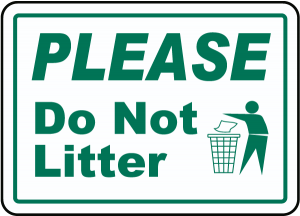
Courtesy of Safetysigns.com
Ready for a Litter-Free Property?
The experts at Dare are here to help you with everything you need to decrease littering on your property. We offer debris removal, power sweeping, power washing, and can even help you set up some signs.
The science says it all! Even just one piece of litter, in an otherwise clean environment, can encourage others to litter, leading to a fully littered environment. By frequently and regularly cleaning your property, providing trash receptacles, and properly placing your signage, you can greatly decrease littering on your property.


